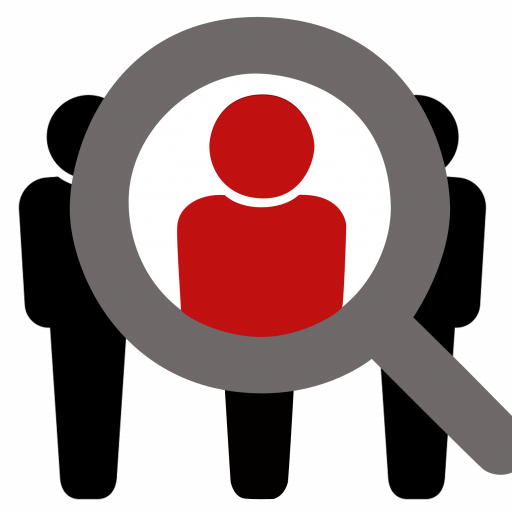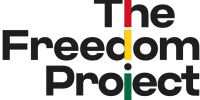FAQs
Corruption Watch is an anti-corruption project initiated by Civil Society Organizations, Think Tanks and the media, to create a platform that will sustain the focus on corruption and ensure that people change their mindset about corruption.
Corruption Watch was initiated by the Ghana Center for Democratic Development (CDD-Ghana), Joy FM, Adom FM, the Ghana Anti-Corruption Coalition (GACC), the Ghana Integrity Initiative (GII), and the Africa Centre for International Law and Accountability (ACILA). The initiative is funded by STAR-Ghana and a DfID funded programme, Strengthening Action Against Corruption (STAAC).
Corruption has become pervasive and is considered as “normal” in Ghana. This mainly due to the following factors:
- Lack of sustained action by the media in exposing corrupt acts and ensuring they follow stories to their closure,
- Lack of sustained action on the part of CSOs, state institutions and citizens fighting corruption,
- Weak capacity of media, CSOs and state agencies to investigate allegations of corruption,
- Lack of political will to investigate and prosecute corrupt officials, particularly if they are politically exposed persons of the incumbent regime
Our goal is to reduce public corruption through transparency and persistency in the fight against corrupt officials, from exposure to closure.
Our mission is to promote integrity in public life by demanding and activating responsiveness and accountability of all actors in the anti-corruption space. We work to ensure corruption cases are investigated. We also seek to make corruption risky and very unattractive, while closing opportunities which breed corruption. These, we believe, will be achieved through the passage of key anti-corruption laws, reform in some of the existing anti-corruption laws and effective public education on the impact of corruption on the Ghanaian society.
Corruption Watch was launched on Wednesday, November 8, 2017 on Joy FM’s Super Morning Show (SMS). It will subsequently be aired live on Joy FM every Wednesday from 8:30am to 9:30am. The live radio show has been divided into the following segments:
- What’s New: This segment explores new corruption cases and provides updates on old ones
- From the Source: Involves interviews with individuals at the center of the corruption issue, be they suspects, investigators or witnesses.
- From the Streets: It is an interactive segment where the general public share their views about corruption issues.
- Corruption School: This segment seeks to educate people on various corruption themes and issues.
- Just like Us: This provides an exposé on best practices and examples around the world.
- We Remember: We give a recap of old cases to ascertain whether or not action is being taken to resolve them.
Aside from the radio show, there will be Accountability Fora that will provide a platform for anti-corruption institutions to account to the public on progress of their work, challenges and remedial action that should be taken.
There will also be Round Table Discussions on anti-corruption issues of public interest, aimed at advocating and mobilizing stakeholders for institutional reform.
Corruption Watch cases are done by well-trained investigative journalists. To prevent defamation and unnecessary damage to the reputation of people, the project has a team of lawyers who vet all cases and stories before they are aired. The project also offers refresher training on management of legal risks and reputation damage to all team members.
The country loses huge sums of money and investment in critical sectors of the economy through corruption. Corruption negatively affects the quality of service delivery in all aspects of our lives – education, health, water security, among others. Every act of corruption affects the development of the nation, while negatively impacting the lives of the poor and vulnerable within the society.








